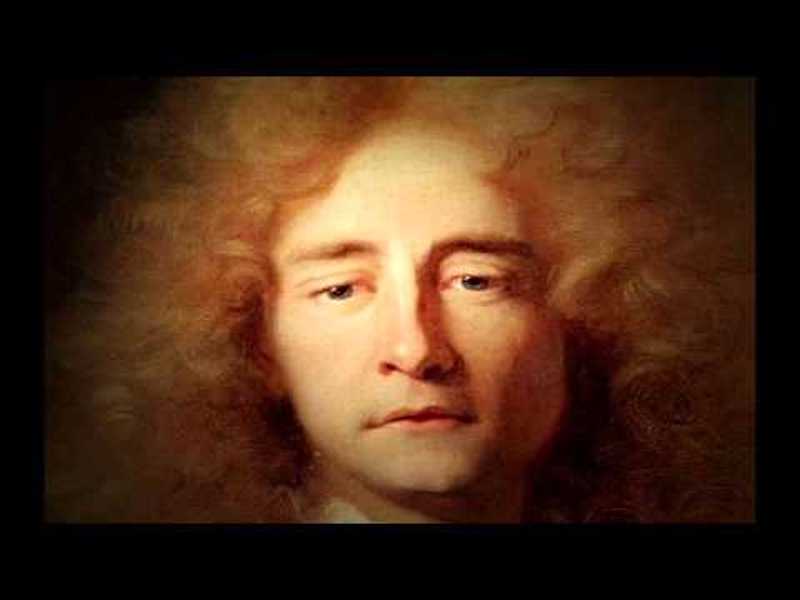Imagine you had a chance to write a letter to C.S. Lewis. Perhaps you would pour out words about how important his work has been in your spiritual development. Perhaps you’d explain how important passages of his had moved you. Perhaps you would ask him about what made him tick…
Login to read more
Sign in or create a free account to access Subscriber-only content.
Topics:
